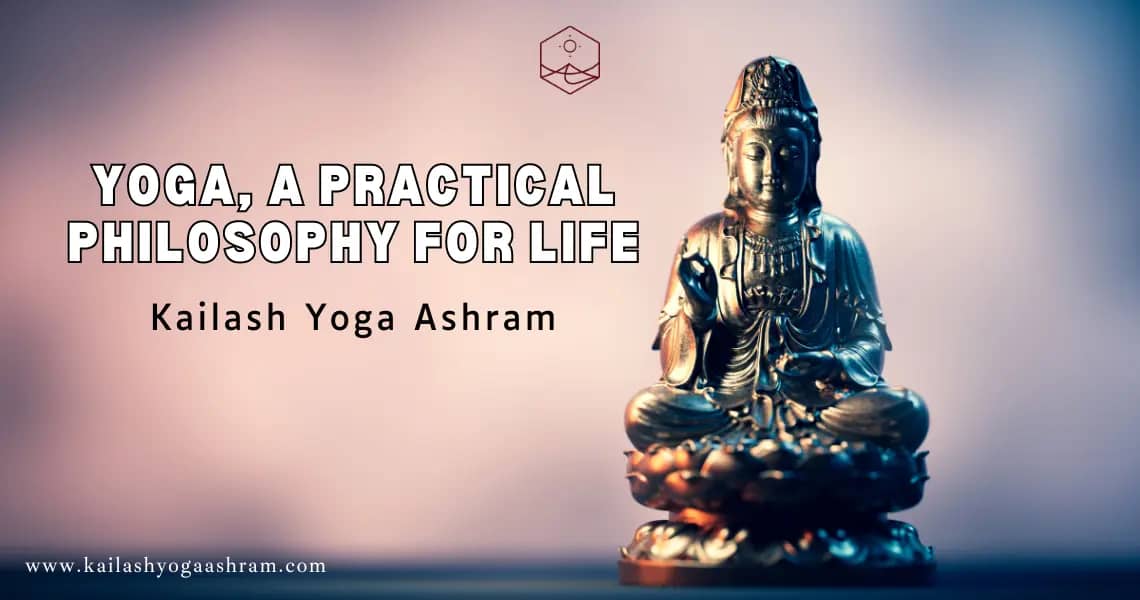
What is it about Yoga that has captured my heart and soul and inspired me daily 25 years later? I have always been drawn to the Big Questions in life: the nature of reality, existence, and the human experience. Yoga’s wisdom and extraordinary understanding of the human experience provide me with the theoretical context to reflect upon life and the practical means to create the experiences that bring me joy and peace.
Questioning itself is at the very root of human evolution and growing our own lives. I ask all of my students to consider this act of questioning and reflecting. Questioning helps each of us integrate our conscious intention in practice and in life.

Firstly, what is Philosophy? The word ‘philosophy’ literally means the ‘love of wisdom. Wikipedia describes Philosophy as the study of general fundamental problems concerning matters such as existence, knowledge, values, reason, mind and language.’ Philosophy has yet to give definitive answers. These questions touch our very being. The study of Philosophy is the essential human pursuit of and search for meaning and understanding in life.
A specific method of asking questions is used in philosophical discussions known as the Socratic practice of question-and-answer. By definition, a philosophical discourse is a form of conceptual analysis. Some questions may not have answers, yet to question is our only method of gaining understanding. Questioning prevents us from being imprisoned by DOGMA.
The first written account of a human’s quest for understanding can be found in the Ancient Indian Upanisads, which are the roots of the yogic teachings. Those who were inspired to reflect in solitude and question the meaning of life sought teachers who could guide them on their quest. These teachers could be found outside of everyday society, and they were known to live in the forest. The Upanishads are the notes of the students of the forest sitters, the Aranyakas.
Aranyakas taught the philosophical portions of the Vedas. The root word of Vedas is vid, which means to know. Aranya means forest, and aranyka means forest writings. Upa means below, ni, near and shat sit. Upanishads are the written account of the teachings given by the ancient Sages. Reflecting on the teachings leads to inner knowledge. Knowledge comes by sitting near a learned teacher. More than simple “information” is transmitted in the teacher’s presence. Discourse, methodic questioning, reflection, and more are shared.
Before the Upanisads, the great sages taught the Veda orally for thousands of years. The Veda is the first known system of human understanding. The Vedic period is dated 2500 BC—600 BC. The Vedic wisdom is known to us through the Upanisads.
Many Upanisads vary in length and focus. We should remember that these were written thousands of years before paper, pen, and printing press existed.
The Vedic teachings led to the next period of developing human wisdom in India, known as the epic period. The Epic period is 600 BC – 200 AD. During this period, we have found massive voluminous works such as The Ramayana of the Valmiki and The Mahabharata of Vyasa. These lyrical, philosophical treatises were massive volumes marked by their great “storytelling” capacity. The Mahabharata of Vyasa has about 800 chapters, of which the Bhagavadgita (The Gita) is one small chapter. A great teacher, Shankara, is responsible for disengaging this portion of the Gita and discovering its profound wisdom and usefulness in teaching. This defines the Epic period.
The Sutra period, 200 – 600 AD, followed the Epic period. The Sutras are written in Sanskrit, an ancient, highly structured phonetic language. They are written succinctly and follow precise grammar rules, which play a HUGE role in interpreting these teachings. The Sutras outline the six central systems of Indian philosophy.
These six systems are:
Nyaya = logical, Naisesika = realistic, Samkhya = evolutionary
*Purva & Uttara Mimasa, *Vedanta, (* synthesis of the Vedic system)
Yoga = disciplined meditation to sharpen the power of reflection. Yoga is concerned with the human mind.
This is a brief historical overview of the evolution of Indian Philosophy. One key component of understanding Yogic philosophy and other Indian philosophical pursuits is the emphasis on the Human experience and the Human Mind.


